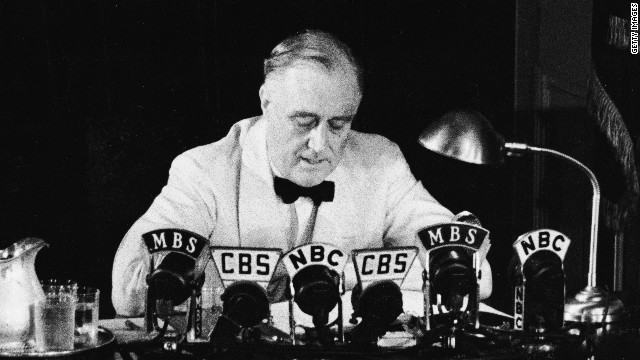Truman Doctrine
Truman starts by addressing how necessary he believes this address to be in front of the Congress. The first event that needed to be addresses was the concerns over Greece and Turkey. He explains that the Greek government has been asking for help economically from America and that they as Americans should listen. Greece is a poor country and to make it worse, retreating Germans have ruined much of their land and infrastructure. The country then went into political chaos which until now has kept them from recovering economically. Without importation they are barely able to live so it is obvious that they need financial support to continue importing necessities for their lives. They would also like American officials to be a part of rebuilding Greece to make it a more stable country economically and politically. There are many terrorist groups in the country led by communists but their military is small and poorly equipped so they can do little to defend themselves. America is the only nation that can help support this democratic Greek government at the time. Turkey is also in great need of American assistance. Although Turkey has not been struggling like Greece, they need support now to modernize the nation. The US is again the only nation able to supply this economic aid. To ensure the development of nations in an independent way the US has taken action in the UN. There have been many countries forced into totalitarian regimes despite protest from the US. It is the US's duty to support those free people who are resisting armed minorities or outside pressures. If Greece falls to communism, Turkey will be quick to follow. This would be a tragedy in present time. Truman then asks for the Congress to provide billions to each of the two countries to to provide relief and allow them to resist communism. Her also asks that American civilians and military be sent to Greece to furnish reconstruction. This must be done quickly and without it there may very well be even more reparations to come.




